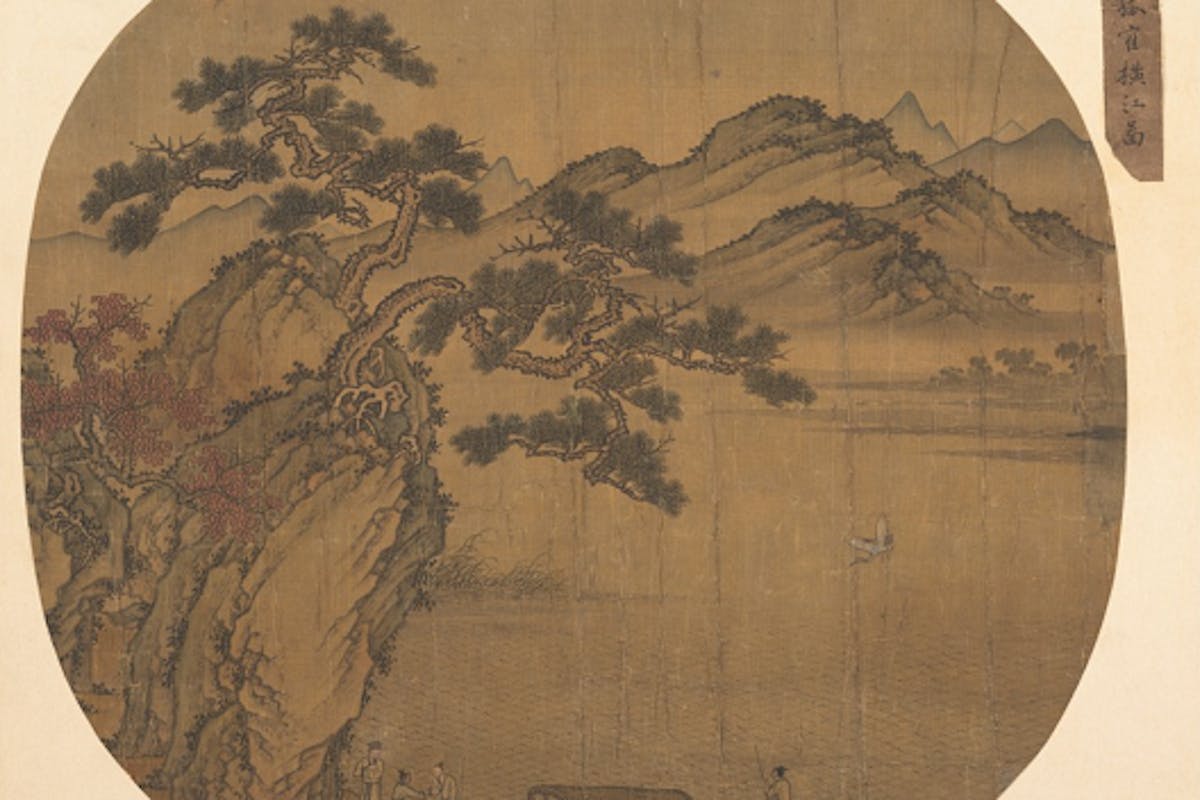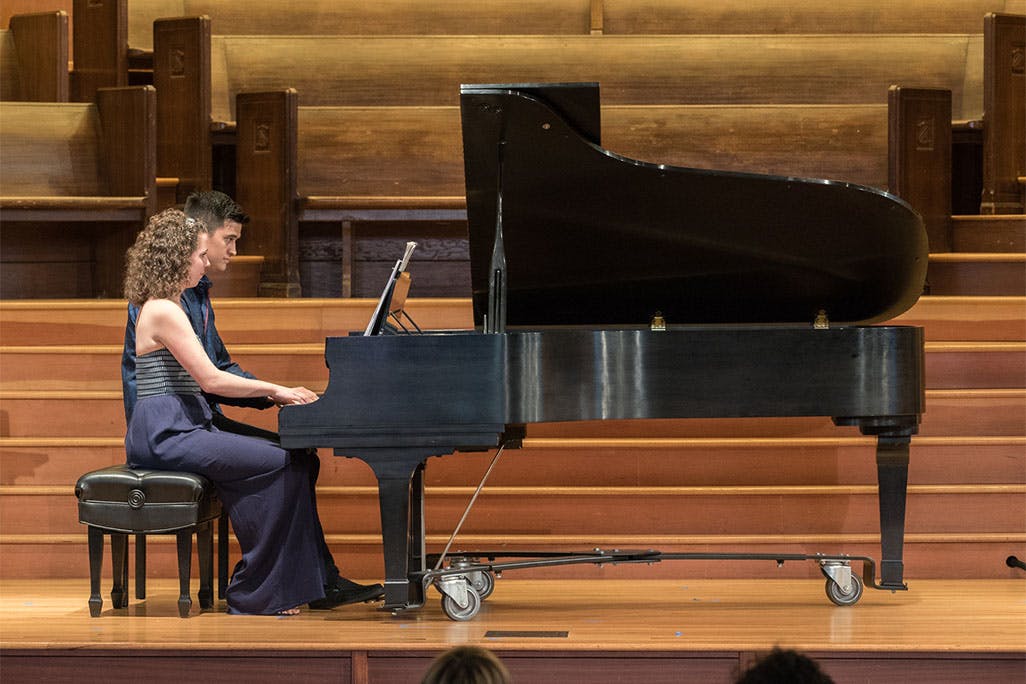Experience and Expression: Reading Chinese Literature Across Genres
Talk by Ronald Egan, Stanford University
Tuesday, Feb. 7, 2 p.m.
Free

What are the effects that genre has upon expression in traditional Chinese literature? We rarely read an author across genres, that is, when he or she is writing on the same topic in multiple literary forms. Even when such a possibility exists, as it often does with post-Tang period writers, we still tend to read our authors one genre at a time; most individuals’ literary collections and anthologies are organized by genre, for example. But if we discard this habit, no longer privileging genre in how we approach Chinese literature, we may discover how differently the same topic can be treated by a single writer in different literary forms, whose choice was probably a consequence of occasion if not pure whimsy. This way of reading enhances our understanding of both the proclivities and the limitations of each literary genre. This talk considers instances in which Su Shi (1037-1101) wrote on the same topic in different forms as case studies in this methodology of reading across genre.
Ronald Egan is Stanford W. Ascherman, M.D. Professor of Sinology at Stanford University. He works on Chinese literature and aesthetics of the middle period of imperial Chinese history. He is the translator of selected essays from Qian Zhongshu’s Guanzhui bian (which appeared as Limited Views: Essays on Ideas and Letters by Qian Zhongshu) and The Burden of Female Talent: The Poet Li Qingzhao and Her History in China.

